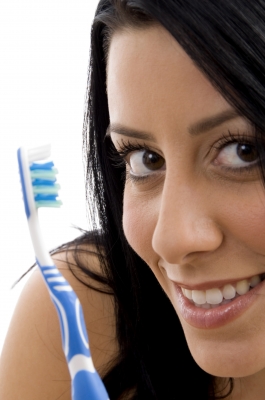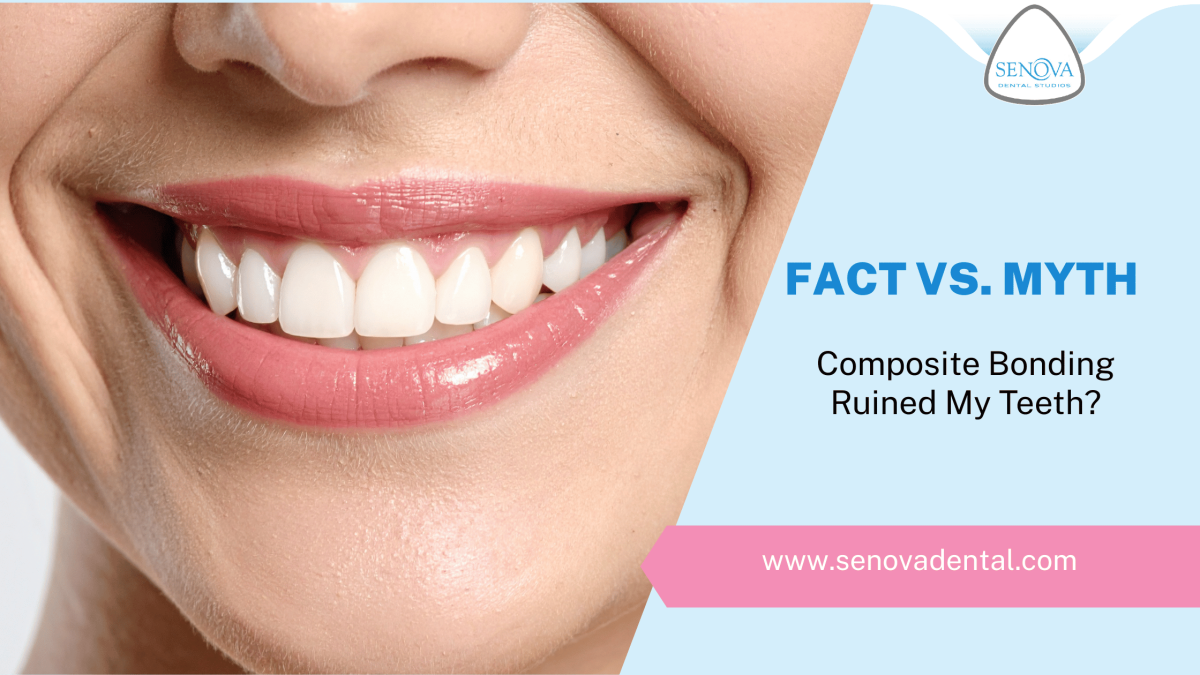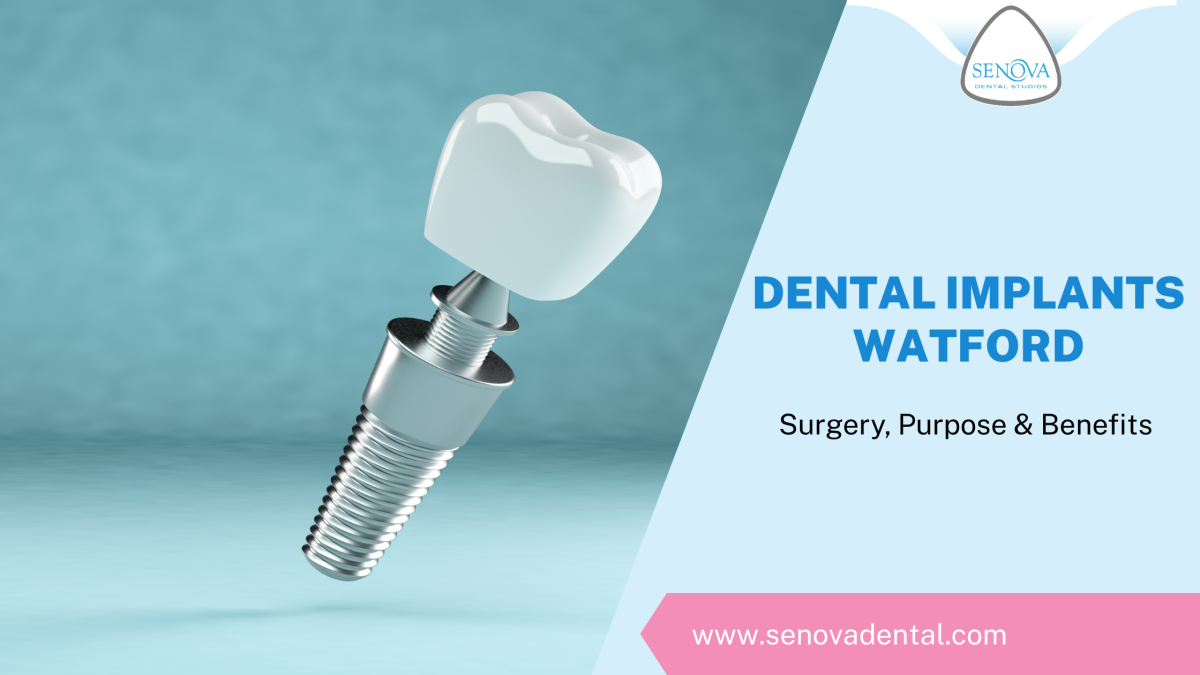
Many people wonder if it’s actually important to visit a dental hygienist or not, in this article we will look at some of the problems that can arise and how a dental hygienist can help you spot these early symptoms.
In a recent article, it was reported that sugar-free sweets and ‘diet’ soft drinks are just as bad for teeth as their high sugar competitors. The sugar substitutes can also wreak havoc on people’s dental health, according to health researcher Eric Reynolds from the University of Melbourne
“Although the link between sugar and dental caries is widely recognised, dental erosion, another damaging dental condition, is less well known and is caused by some foods and beverages that are perceived by consumers to be healthy” – An extract from a BRIEFING PAPER
Heightened levels of acid in the mouth can occur for a range of medical and lifestyle reasons, but the most common cause of dental erosion is repeated exposure to acids in foods and drinks. Beverages with pH levels below 5.5 are comparatively acidic. This includes soft drinks, sports drinks, energy drinks, fruit juices, cordials and wine.
“CONSUMERS SHOULD BE AWARE THAT MANY SUGAR-FREE PRODUCTS ARE POTENTIALLY HARMFUL TO TEETH DUE TO THEIR CHEMICAL COMPOSITION.”
Why Have a Dental Hygienist Checkup
Dental hygienists are specially trained to work as part of the dental team, to give care to patients.
They play an important part in dental health care and are mainly concerned with preventive dental health and treating gum disease – showing you correct home care and helping to keep your teeth and gums healthy. Dental hygienist are an integral part of the dental team, and in fact, can save you a great deal of money at the dentist by helping you keep your teeth healthy and prevent gum disease.
Symptoms of gum disease include:
- Bad breath that won’t go away
- Red or swollen gums
- Tender or bleeding gums
- Painful chewing
- Loose teeth
- Sensitive teeth
- Receding gums or longer appearing teeth
How much is hygienist appointment.
Using advanced screening methods, our highly trained hygienists can determine the level of infection (gum disease) in your mouth. Advice and education on how to achieve good gum health and prevent further periodontal problems. At our practice in Watford an Initial New Patient Periodontal Assessment is £149.00
Tooth Cleaning Tips
It is easy to get your mouth clean and healthy, and keep it that way. A simple routine can help prevent most dental problems:
- brushing your teeth last thing at night and at least one other time during the day, with a fluoride toothpaste
- cleaning between the teeth with ‘interdental’ brushes or floss at least once a day
- using a good-quality fluoride mouthwash at least once per day, but not at the same time as cleaning your teeth. (Toothpaste has a higher fluoride content then mouthwash, so if you rinse your mouth out with mouthwash after cleaning then you actually reduce the amount of fluoride in contact with your teeth.)
- good eating habits – having sugary foods and drinks less often >>> further advice on cutting down on sugar
- regular dental check-ups.
Although most people brush regularly, many don’t clean between their teeth and some people don’t have regular dental check-ups. A few small changes in your daily routine can make a big difference in the long term. Your dental team can remove any build-up on your teeth and treat any gum disease that has already appeared. But daily dental care is up to you, and the main weapons are the toothbrush, toothpaste and cleaning between your teeth.
How often should you visit the hygienist?
If you have good oral hygiene habits and a healthy mouth, your dentist and dental hygienist will probably suggest professional teeth cleaning at least twice a year. Many dental insurance policies will cover two cleanings per year, If you have insurance it is well worth ensuring that you make full use of its benefits.
Images courtesy of imagerymajestic & stockimages at FreeDigitalPhotos.net
- What Is Composite Bonding? - November 25, 2025
- Emergency Dentistry: When To Seek Emergency Dental Treatment? - October 31, 2025
- Dental Implants Watford: Surgery, Purpose & Benefits - August 31, 2025






